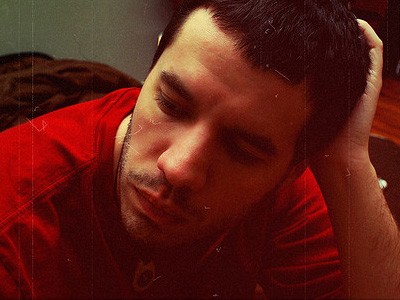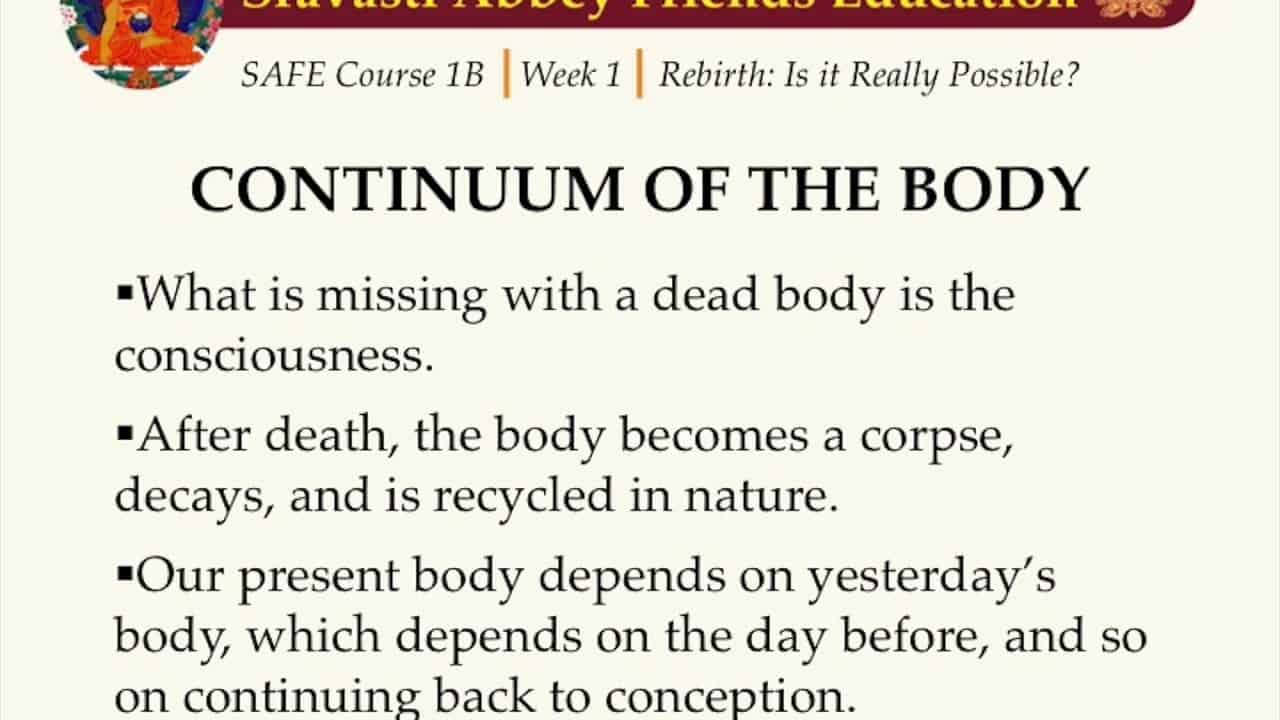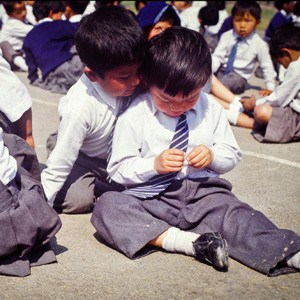Learning to find inner peace
By L. B.

Originally published in Inside Dharma, a newsletter for Buddhist inmates.
It has been some time since I wrote an article specifically for Inside Dharma. The truth is that I was released from a maximum security lockup and ran into some unforeseen difficulties and wound up creating new problems for myself and others. It is my hope that by sharing what happened, it will give others in a like situation (i.e., coming out of solitary confinement after several years) a “heads up” on what to look for and how to avoid it. I learned shortly afterwards that I am not the only one to have had similar problems. But mine were definitely handled in a wrong way by me and therefore ended on a bad note. Had I just clung to the Dharma, concentrated on my practice, and shared with a trusted member of our sangha, then maybe things would have been different.
After three years I was released from the inmate management unit (IMU) from the main prison here in Oregon. I immediately ran into intense feelings of paranoia and fear. For some people these feelings come from leaving the security and comfort of a cell where your meals are brought to you and where you enjoy the comfort of listening to a radio or doing recreation without ever having to go far—everything is catered to your room. Then there are those of us who have spent a lifetime in prison (for me, 26 years) and have accumulated a number of enemies. Then we are put out into the middle of them and told to sink or swim. Frankly I did miss my cell and the comforts it brought, but I was looking forward to a visit where I could hug my mama. It had been four years since our last hug! Then they told me that I couldn’t have a contact visit. Then they told me I couldn’t work. Then I lost hope.
I’ve often wondered over the years in prison how certain men could bury themselves in the “hole” and how they could completely and utterly lose all care and concern and just go off. But now I know. I’m certainly responsible for my actions. Daily I hold myself accountable and I remember those to whom I have caused pain. I also remember those who, like me, have created their own hell on earth, who have become locked in a prison within a prison, and my resolve to understand and to care is strengthened.
I have found over the course of the last five years that there is something to be learned from the mistakes I make. Some will laugh and think, “Well, of course there is, Stupid!” But you would be surprised at the number of us who beat our heads against the wall day in and day out, trying to figure out why we never get a different result from doing the same thing over and over again.
I’m starting to look at the entire picture and cannot help but see myself in everyone I meet. I start feeling what the person must be going through and I don’t want them to hurt any more. I want to help in some way and that, in turn, has me looking deeper into my own suffering and its causes. Surely if I can understand and extinguish my own suffering, I can point others like myself in the right direction.
I’m sorry to say that I haven’t worked it out—well, not all of it. But I understand how a person in prison can come to lose all hope and caring, and then do something stupid, when what he should have done was reach out and share his feelings and fears in the first place.
I’m learning. And while I’m learning I’ll be here for you also. Each day as I dedicate the merit of my practice, you are included. You, I realize, are what’s most important in this realm of samsara, and it is my responsibility to see that I do what I can to relieve others’ suffering. It may be only to sit quietly each day and share your pain until you find hope in your life. But at least you won’t be alone. At least you will know someone understands and knows what you feel. Then you and I can go on to help someone else by caring for them and their happiness.
May you have happiness and the causes of happiness. May you be free from suffering and the causes of suffering. May you have peace.
Dear L. B.:
From a letter to Venerable Thubten Chodron (after she wrote him when she heard he had taken a guard hostage and released her unharmed):
I send you greetings and thank you for the card and kind words that you sent me about four weeks ago. I have wanted to express how wonderful and heart-warming it was when I read how you would continue to support and care for that innate goodness you know is within you. I really appreciate the fact that you took the time to write and share that with me.
Incarcerated people
Many incarcerated people from all over the United States correspond with Venerable Thubten Chodron and monastics from Sravasti Abbey. They offer great insights into how they are applying the Dharma and striving to be of benefit to themselves and others in even the most difficult of situations.


